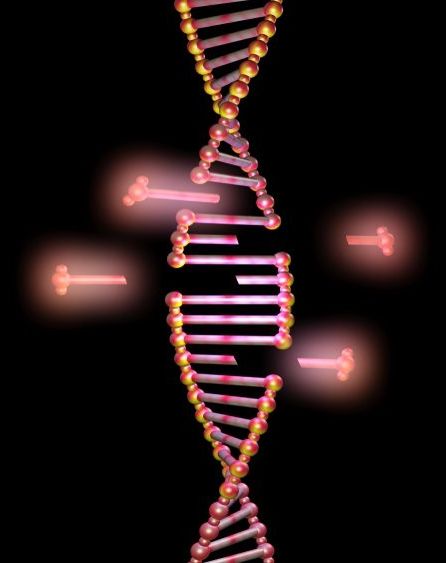A new potential method to administer gene therapy without triggering an immune response.
Scientists at Stanford University School of Medicine managed to administer effective gene therapy in mice without triggering an autoimmune reaction. The research, led by Dr. Peggy Ho, Ph.D., was published in the Proceedings of the National Academy of Sciences [1].
Study abstract
In gene therapy for Duchenne muscular dystrophy there are two potential immunological obstacles. An individual with Duchenne muscular dystrophy has a genetic mutation in dystrophin, and therefore the wild-type protein is “foreign,” and thus potentially immunogenic. The adeno-associated virus serotype-6 (AAV6) vector for delivery of dystrophin is a viral-derived vector with its own inherent immunogenicity. We have developed a technology where an engineered plasmid DNA is delivered to reduce autoimmunity. We have taken this approach into humans, tolerizing to myelin proteins in multiple sclerosis and to proinsulin in type 1 diabetes. Here, we extend this technology to a model of gene therapy to reduce the immunogenicity of the AAV vector and of the wild-type protein product that is missing in the genetic disease.
